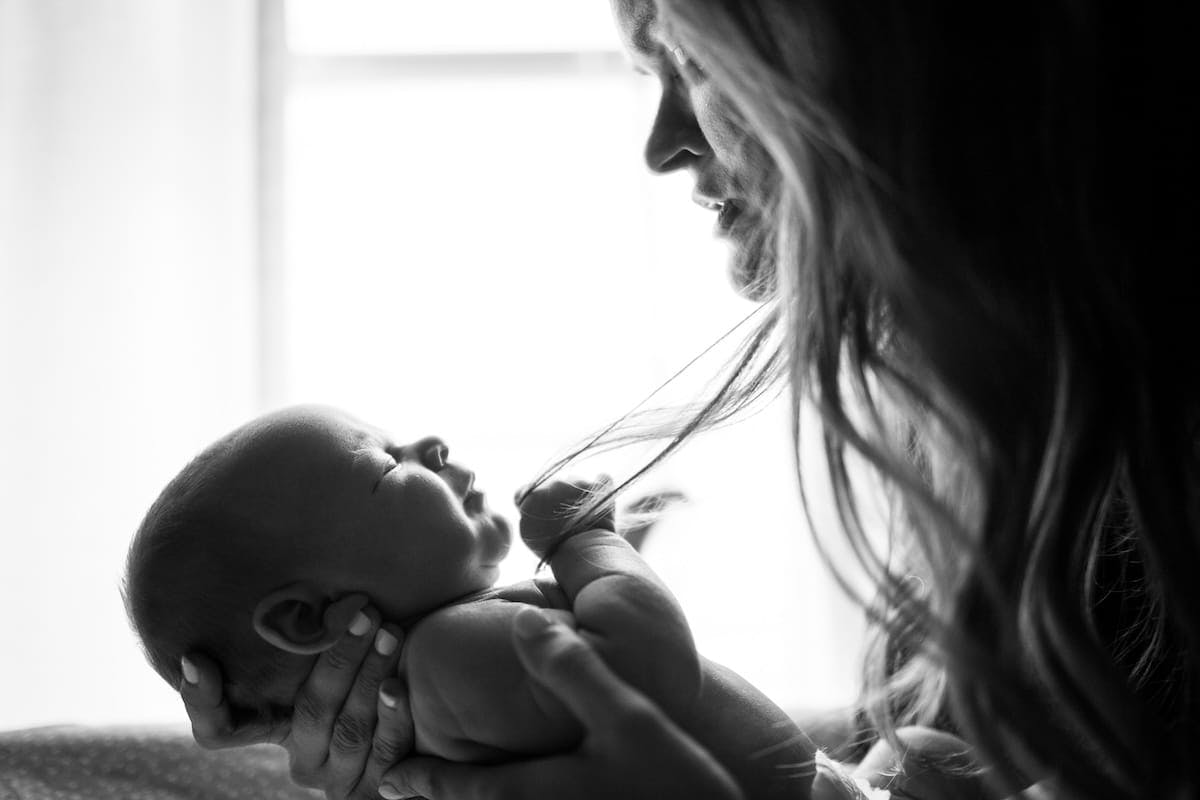More postnatal support to be offered to new mums by GPs
updated on Dec 21, 2023

New guidance in England is set to see new mothers having more thorough mental health screenings after giving birth. We explore the support that’s available
A recent story published in The Guardian outlines new guidance from NHS England that will see GPs offering more detailed mental health screenings to new mums. The initiative aims to offer more support for people who experience mental health problems following childbirth, particularly postnatal depression and PTSD.
Current NICE guidance recommends that GPs and other healthcare professionals ask two questions in the first visit from a new mother:
- “During the past month, have you often been bothered by feeling down, depressed, or hopeless?”
- “During the past month, have you often been bothered by having little interest or pleasure in doing things?”
It’s then advised to check in with women throughout the postpartum period. If there is a clinical concern, health professionals use either the Edinburgh Postnatal Depression Scale (EPDS) or the Patient Health Questionnaire (PHQ-9) to help assess and diagnose if there is a mental health problem.
The latest guidance, which has been written by NHS England alongside the Royal College of GPs, will encourage GPs to ask more questions during their postnatal health check, within six to eight weeks after giving birth. If there is a suggestion that the parent requires more support, they’ll be referred to a specialist maternal mental health service.
In a year, one in four women who give birth develop a mental health problem during the postnatal period, so the new guidance is strongly welcomed by many. However, with increasing pressures on the NHS, coupled with long waiting lists and the follow-up consultations that are required, it’s clear that GPs need more support to be able to carry out this service effectively.
Speaking to Happiful in our article, Maternal mental health: What support is available?, pregnancy and post-partum therapist, Sophie Harris, notes the impact of this pressure on new mums. “It would be difficult to provide meaningful care for a mother to feel supported and validated in the current climate of the over-stretched healthcare service. I think that if we were to normalise having emotional difficulties through pregnancy and postpartum, new parents would feel less stigmatised or guilty for struggling.”
So, where can women and people who give birth find additional support?
- The PANDAS Foundation supports parents affected by perinatal mental health problems. Whether you’re looking for online or in-person support, you’d like to speak to someone over the phone, text or email, or you want further help when it comes to speaking to your GP, PANDAS is there for you.
- The Peanut App allows new mothers, as well as women trying to conceive and those going through menopause, to network, get advice and have access to a wealth of resources.
- The Maternal Mental Health Alliance is a UK charity and network of organisations that ensures families affected by perinatal mental health problems have access to high-quality support.
- Take a look at these maternal mental health Instagram accounts, each on a mission to stamp out the stigma of postnatal mental health problems.
- Self-care forms the basis of enabling you to care for others, including your newborn. We share seven self-care tips that are actually sustainable for new parents.
- MumsAid is a charity dedicated to removing barriers that may prevent new mums from seeking help and supporting families with the transition to parenthood.
- Action on Postpartum Psychosis is a national charity providing information, support and research for families and mums affected by post-partum psychosis.
- The Birth Trauma Association supports people who have experienced a traumatic birth and their families.
If you’re looking for further support, you can connect with Sophie and other pre and post-partum therapists on the Counselling Directory.
- Find out more about counselling for pregnancy and birth.
- Learn more about how counselling can support people with postnatal depression.

